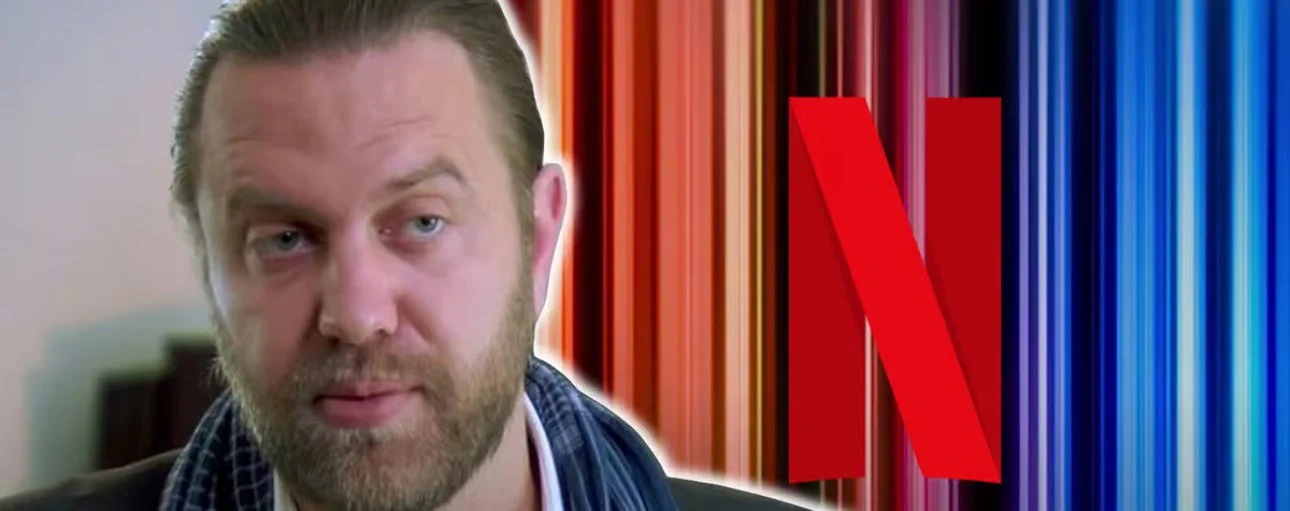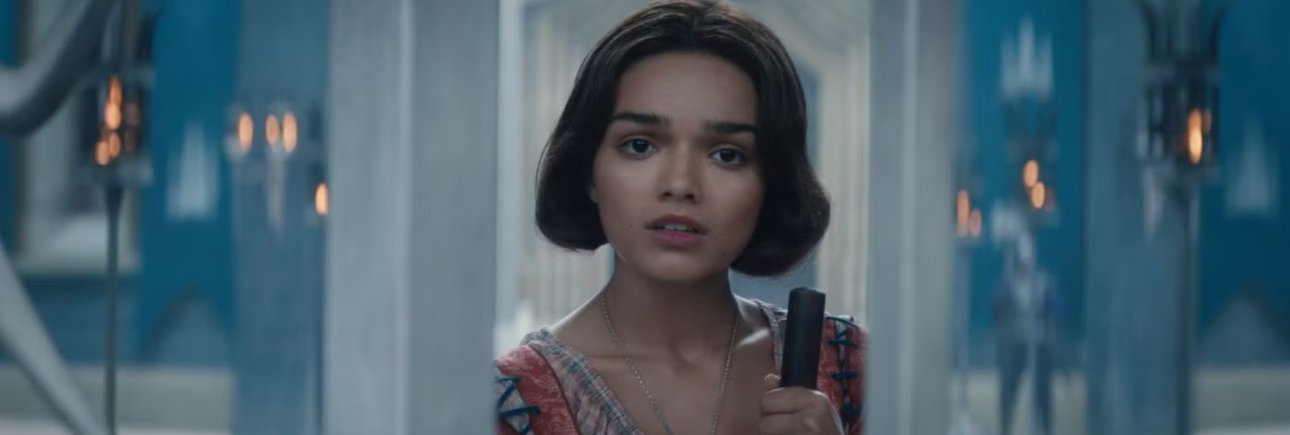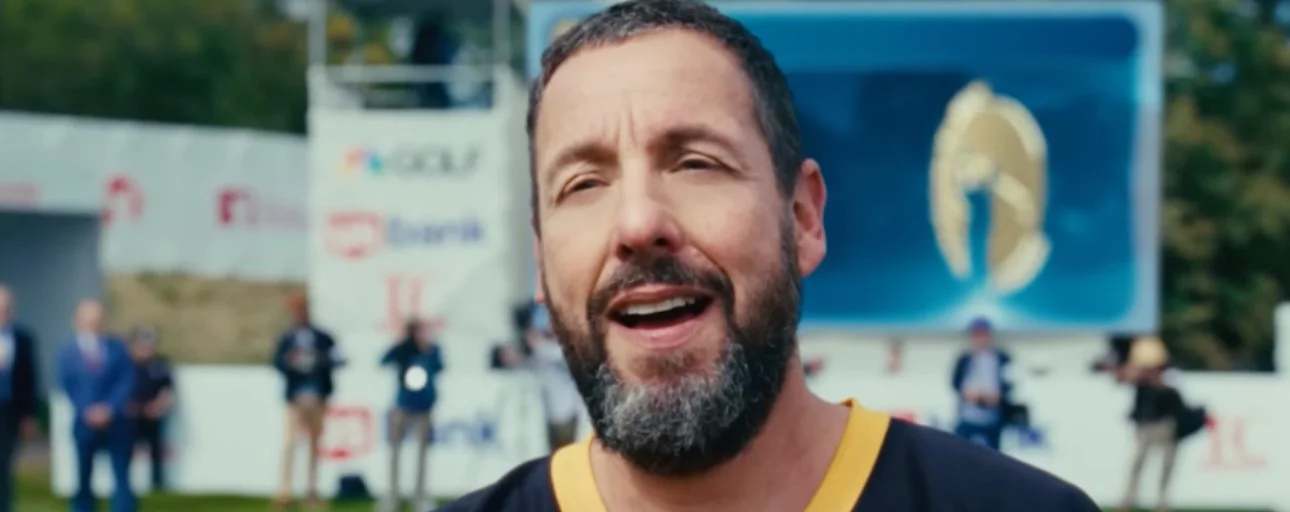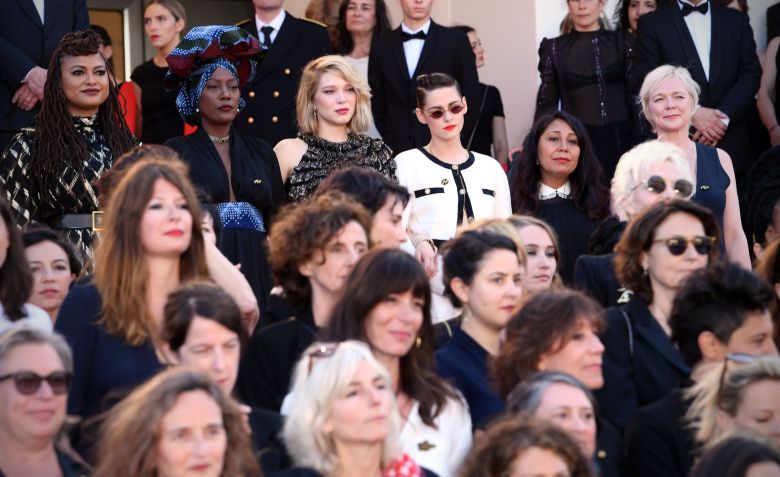Judging from a film writer's perspective, the past year I have seen the industry adapt to more female-led viewpoints . Have there been enough of these kinds of films? Of course not. But Rome wasn't built in a day either. I can only see more positives coming in the near future. Also, as I was starting to put together my 2018 ten best list, I noticed how so many of the year's best films have come from either female filmmakers or a woman's perspective ("The Tale," "Cold War," "Leave No Trace," "Hereditary" 'A Quiet Place," "The Hate U Give," "Eighth Grade," "The Wife," "Widows," "Tully," "The Kindergarten Teacher" "Can You Ever Forgive Me" and, of course, "Roma.")
Vulture's "What Has Changed in Hollywood Post-#MeToo," which just ran today, makes the case of not enough having changed for women in Hollywood since #MeToo and #TimesUp took full effect around this time last year with the publishing of the Harvey Weinstein NYT exposee. The gist of Vulture's argument is that #MeToo and #TimesUp hasn't noticeably altered the industry, for now, but that baby steps are being noticed.
Vulture sources various different actresses that took part in being interviewed for the article, it's a fascinating read that gives us a more in-depth look at what's at stake here with #MeToo in Hollywood.
“The Haunting of Hill House” Actress Elizabeth Reaser's words are most scathing; she says, “Personally, I don’t think it’s changed at all. I love that it’s changed in the only sense, for me, in that people are speaking up. That’s different. But I haven’t seen any difference in terms of how a set works. There’s usually not that many women at work with me. On [Netflix’s ‘The Haunting of Hill House’], there were several female actresses, which I had never even experienced before — being in scenes with three actresses. That was maybe the first time I’ve ever had that. Usually, there’s like one woman. I’m really grateful that I got to do it, but I’m not overly optimistic.” Reaser's beef is rather flawed; she sees change but she thinks it's not enough, so why does she say it hasn't "changed at all"?
Alyssa Milano, a leader of #MeToo in Hollywood, added that “We’re just now starting to feel the shift. It’s only been a year,” she said. “We [women] were always pitted against each other, right? This is the first time that I’ve ever felt a true sisterhood within the industry. Like a real sisterhood. So we have a network of women in the industry through Time’s Up that are very, very vocal about being careful of certain situations.”
Actress Carey Mulligan, being hyped up for Awards love due to her recent performance in "Wildlife" says it definitely "feels different," adding, "There’s so far to go, but there are people making concrete steps within our industry, and probably more importantly, the world. People in London say that our attitudes are different. If I walk past a [construction] site now and someone commented, I’d go and tell them to fuck themselves, whereas before I probably would have just gone red and walked along. A year later I feel like I’d be like, “Get fucked.” So I think that’s changed.”
Veteran actress Patricia Clarkson was more optimistic: “I absolutely think things are different. The timbre has changed, the tone. I would say the way certain male directors have spoken to me is different. They’re just quieter. I feel it, and I maybe I want to believe it, but I feel a difference. I feel a tectonic shift has taken place in Hollywood for the first time.”
Hilary Swank says she's "seen things get better," but that she "also see[s] moments where there’s steps back, too." However, the overall tone is grim and unsatisfactory for the 20 women that were interviewed by Vulture. They all seem to signify that some things have indeed changed but that the utopia they desire of a better, more unbiased Hollywood isn't imminent.







